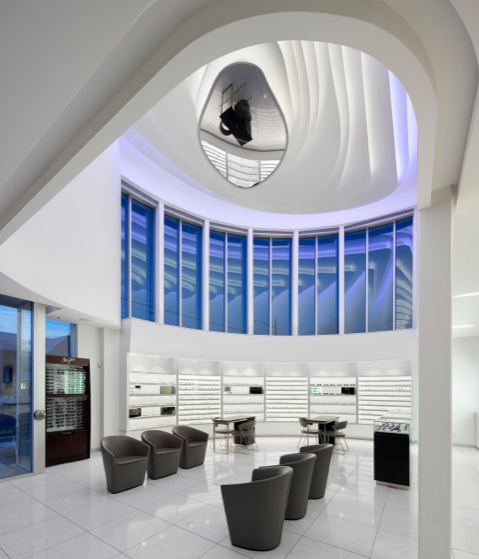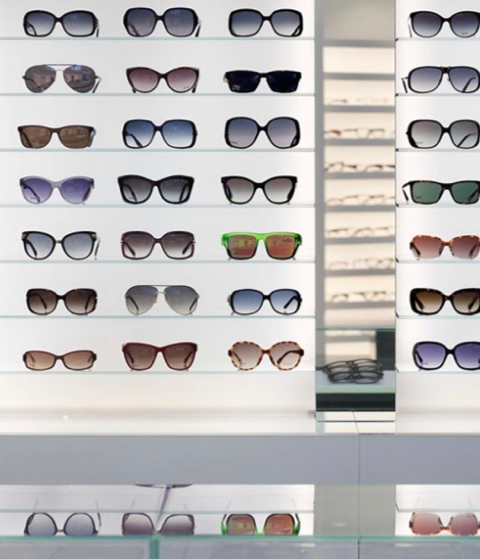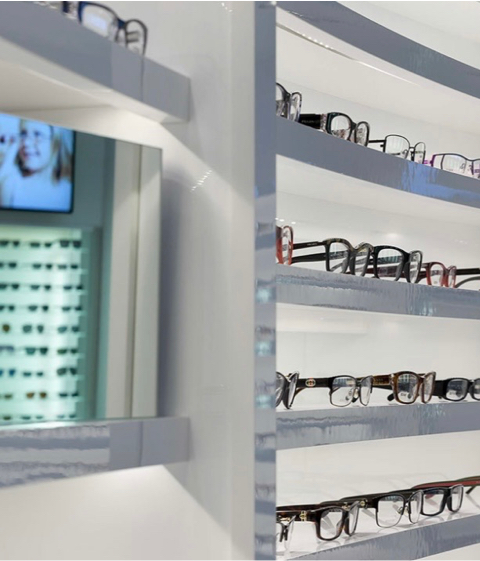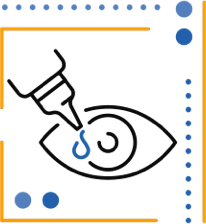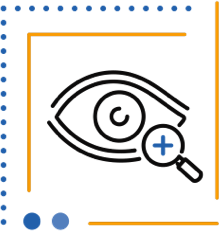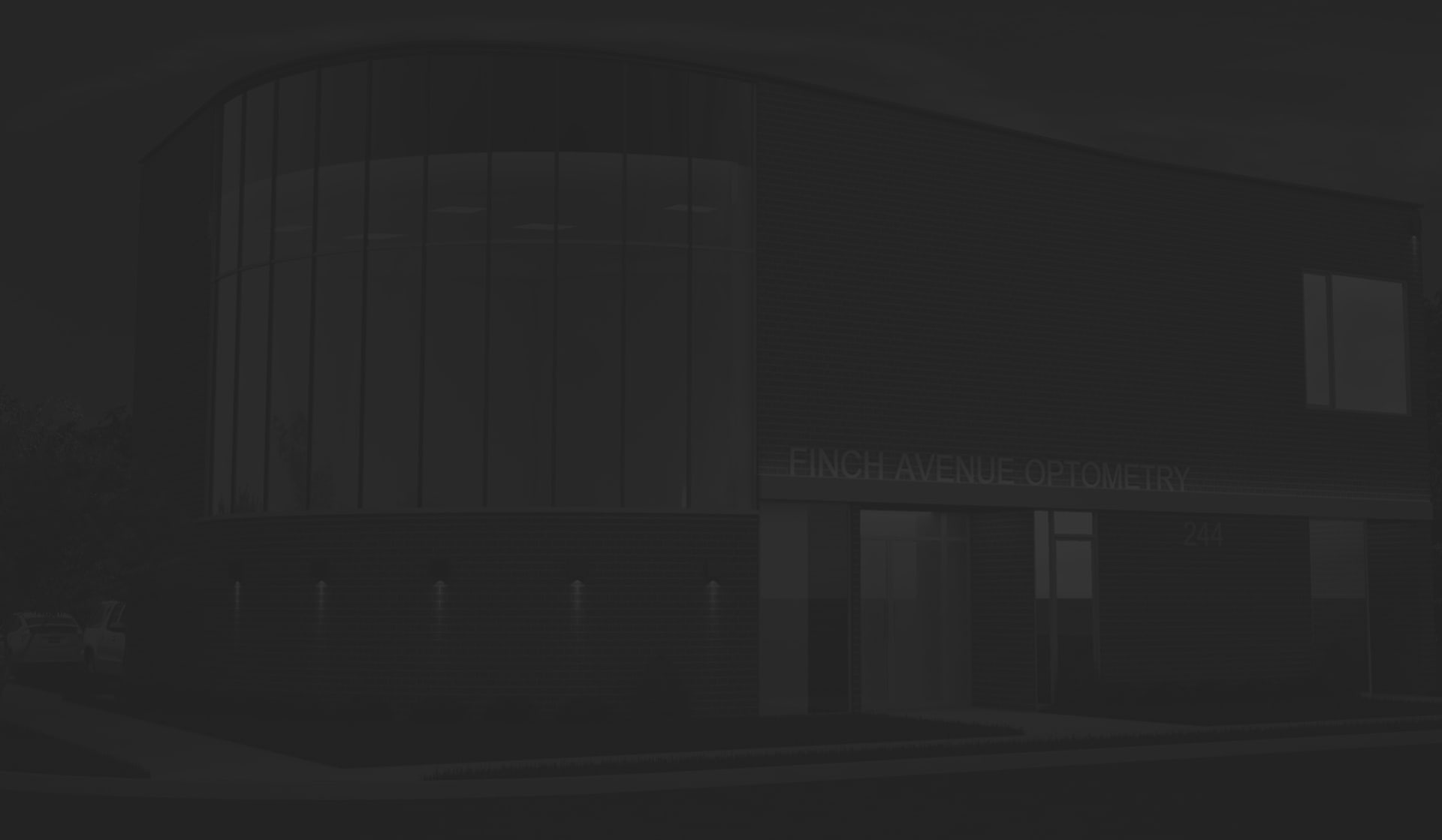Assessing Your Vision Troubles
Everyday activities can be a struggle when you have low vision. This condition can develop for many reasons, but we can determine what’s causing your vision loss. With an accurate diagnosis, our team can work to prevent future complications and help you see at your best.
Visit Finch Avenue Optometry, and we can get to the bottom of your visual problems. Our team can identify the cause of your low vision and help maximize your remaining sight.
Dr. Papadakis achieved the status of Clinical Diplomate in Low Vision Rehabilitation from the American Academy of Optometry. He is the only practicing Low Vision Diplomate in Canada, with fewer than 70 in the world.
What Is Low Vision?

When you have low vision, your sight often cannot be fully restored with traditional glasses, contact lenses, or medical treatments. The World Health Organization (WHO) defines low vision as visual acuity between 20/60 and 20/400.
Low vision can make everyday tasks such as reading, driving, watching TV, or recognizing faces challenging. Finch Avenue Optometry is here to support you with your vision needs and help improve your daily comfort.

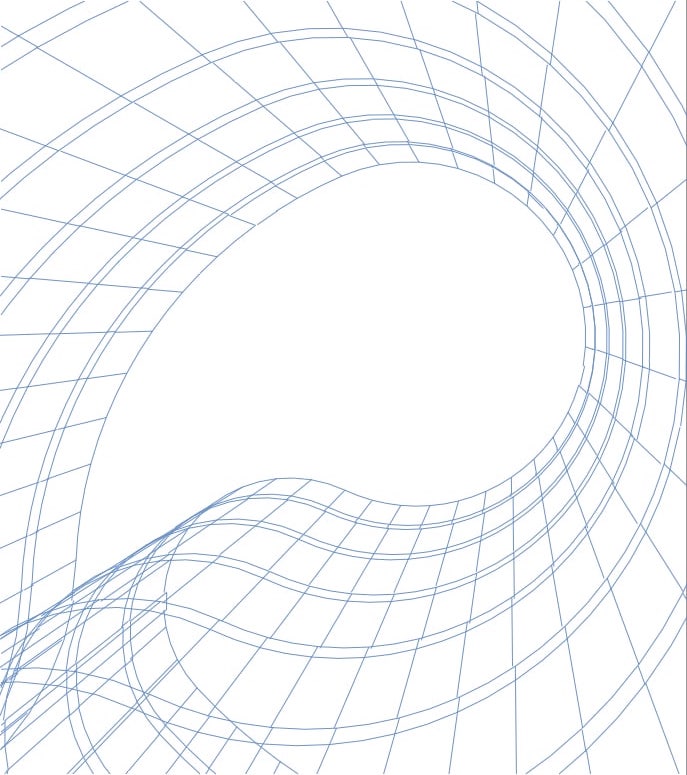
Identifying the Source of Your Vision Problem
Several conditions and disorders can lead to low vision, affecting your daily life. The most common causes of low vision include age-related macular degeneration, cataracts, diabetic retinopathy, and glaucoma. Besides these conditions, eye and brain injuries and certain genetic disorders can cause low vision.
Our team can identify the cause of your low vision during a comprehensive eye exam. We use diagnostic technology in our exams to help identify subtle changes in your vision and eye health.
After determining the cause of your vision loss, we can recommend ways to maximize your remaining sight.
How to Make Life Easier with Low Vision
Making a few changes to your daily routines can make life a bit easier. Experimenting with different approaches will help you discover what works best for you. Consider the following tips:
- Make sure your home has adequate lighting. You may need to try a few different lights and voltages to determine what works best for you.
- Explore large print books, audiobooks, or digital recordings for a more accessible reading experience.
- High contrast can make a big difference when writing. For example, many low vision patients find that a broad black pen or marker on white paper works best.
- Minimize the risk of trips and falls by adding high-contrast stripes to steps.
We are happy to provide recommendations to help enhance your quality of life, including the option to get fitted for a bioptic driving lens.

Help Is Available
While low vision can be difficult to navigate, we are here to help. Our team can determine the cause of your low vision and find ways to preserve your sight. Visit Finch Avenue Optometry, and we can help care for your vision.
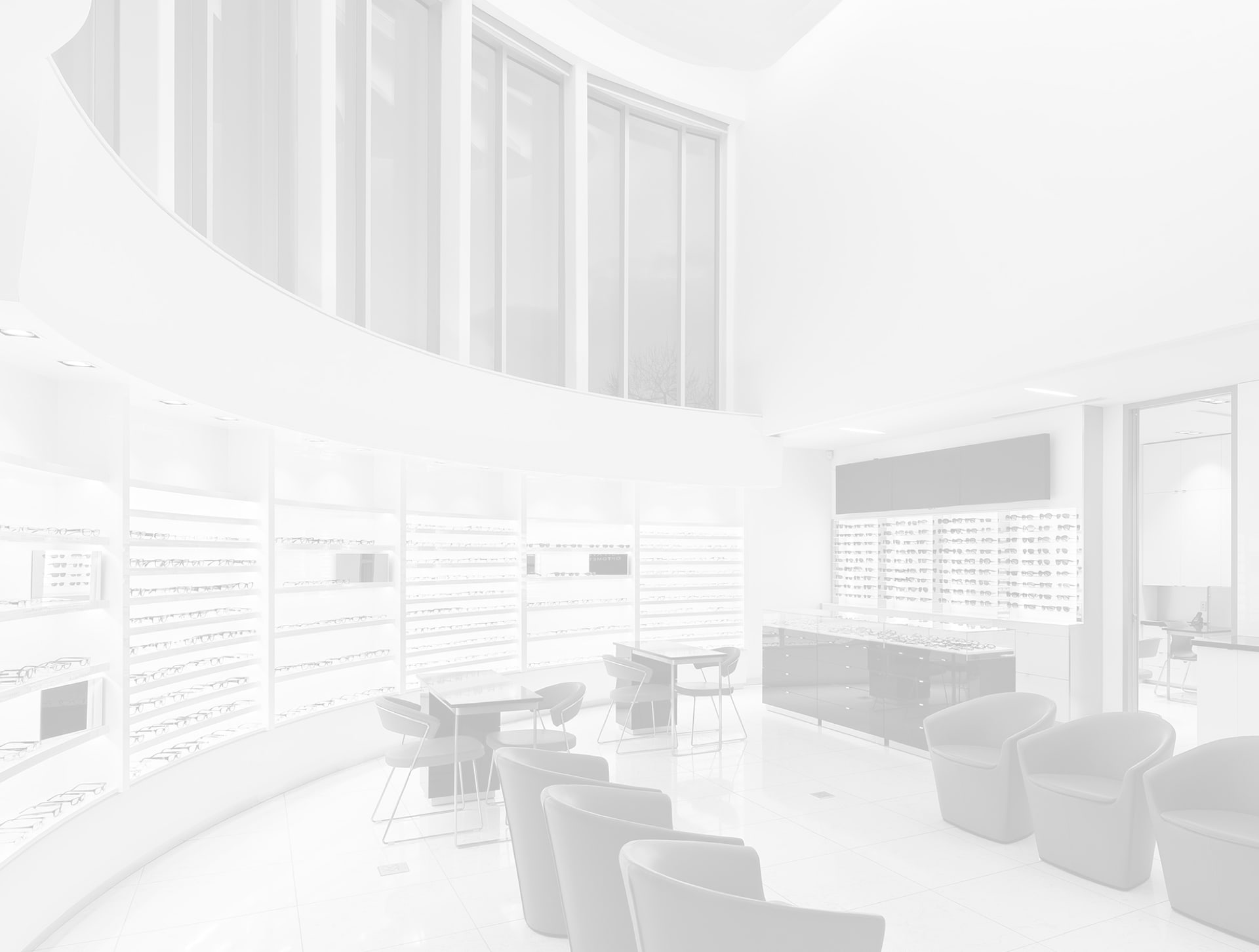
Browse Our Brands

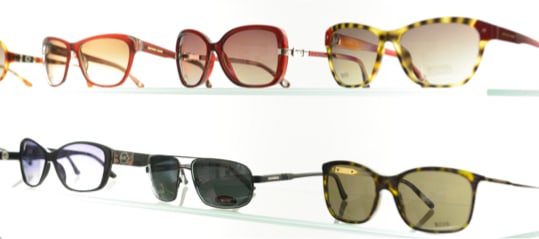
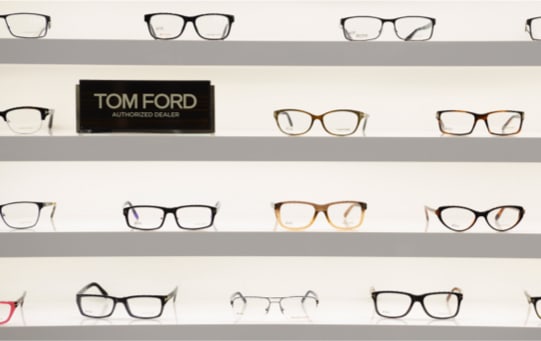




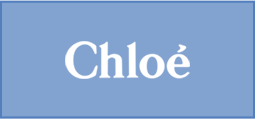

Our Location
Our clinic is right on the corner of Finch Avenue West and Endell Street. Convenient parking is available in our lot off Endell Street, right behind our office.
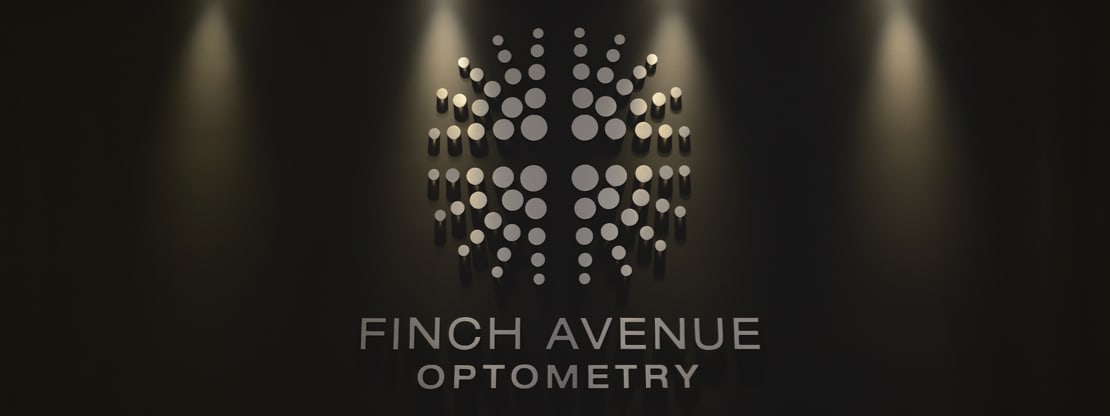
Our Address
- 244 Finch Avenue West
- Toronto, ON M2R 1M7
Contact Information
- Phone: 416-222-7788
- Fax: 416-222-5370
- Email: info@finchavenueoptometry.ca
Hours Of Operation
- Monday: 9:00 AM – 5:00 PM
- Tuesday: 11:00 AM – 7:00 PM
- Wednesday: 8:00 AM – 4:00 PM
- Thursday: 9:00 AM – 5:00 PM
- Friday: 8:00 AM – 4:00 PM
- Saturday: 8:00 AM – 2:00 PM
- Sunday: Closed
*Our operating hours may vary, and our office remains locked during regular business hours. All visits are currently by appointment only. Please refer to our Google business page for the updated information or contact us directly to schedule an appointment.




